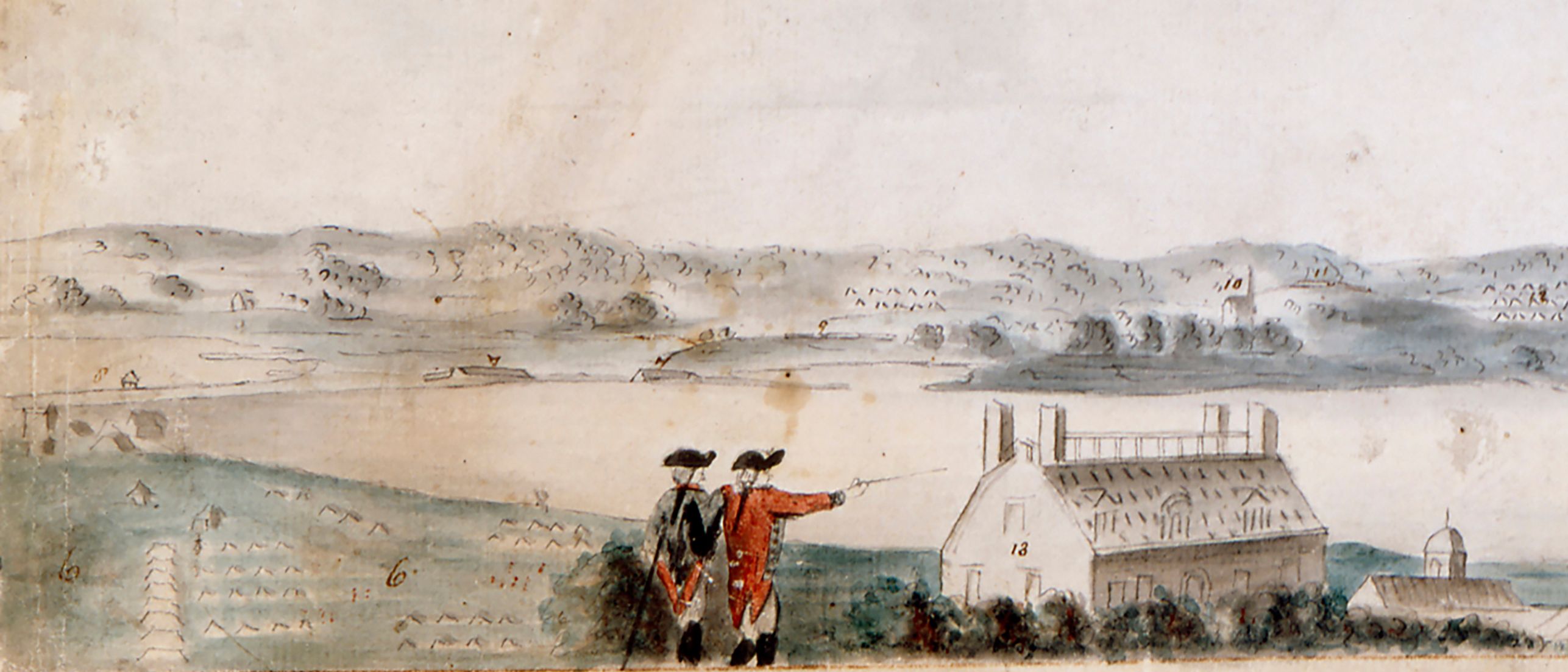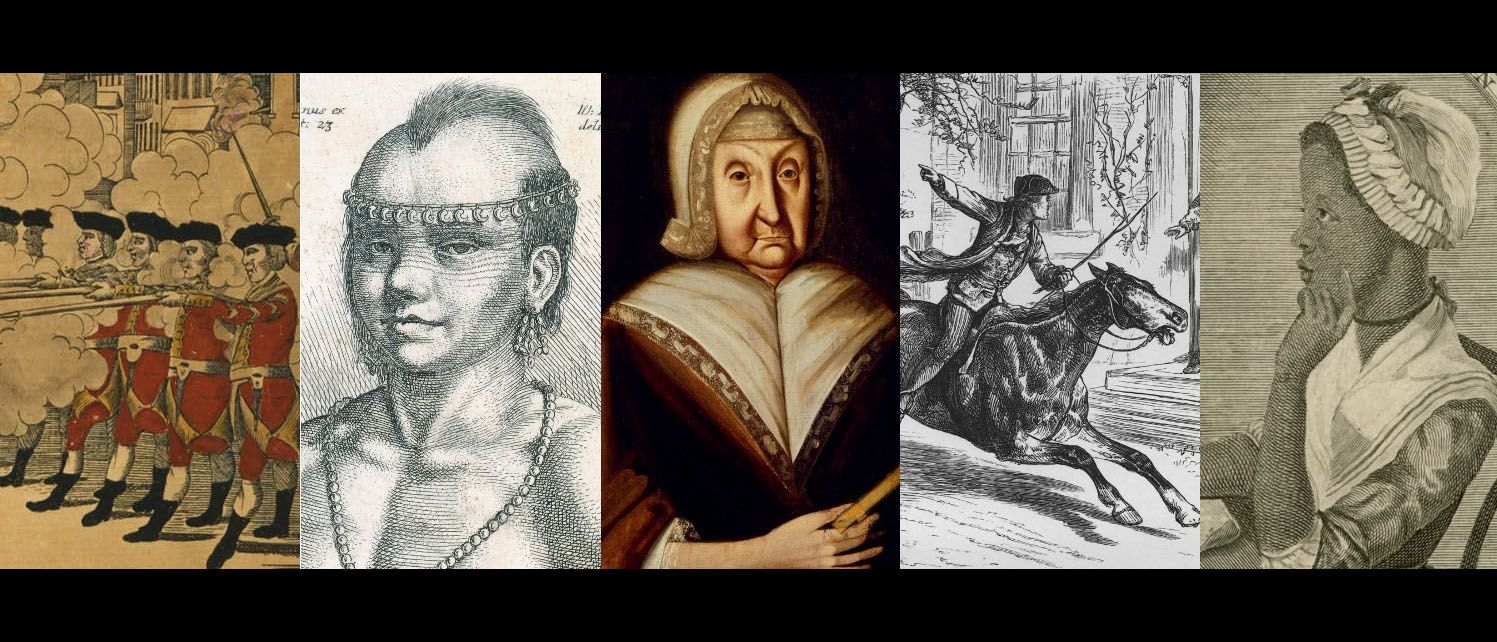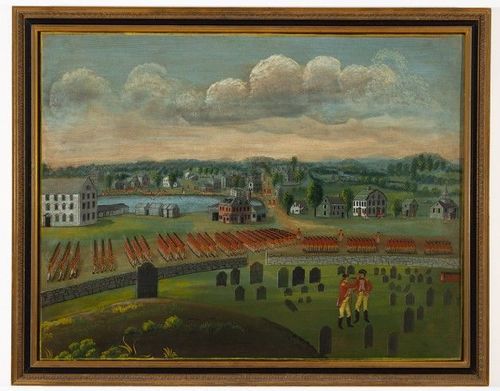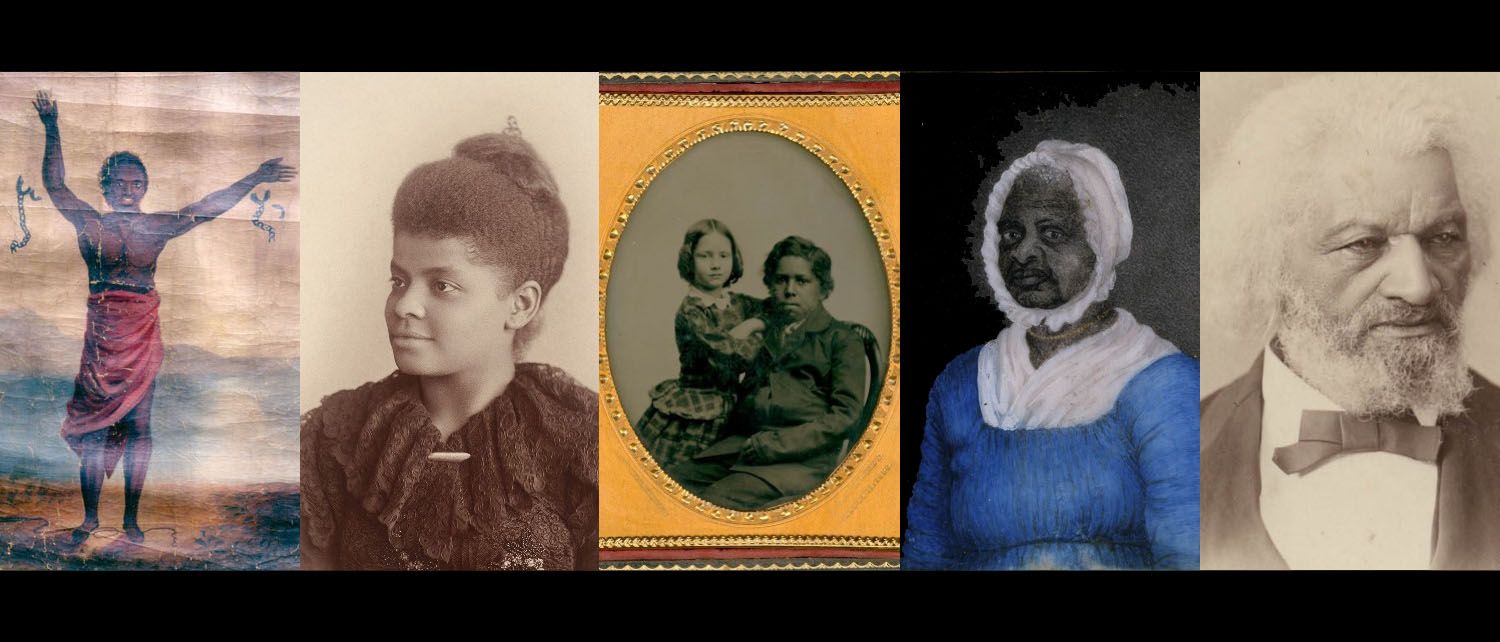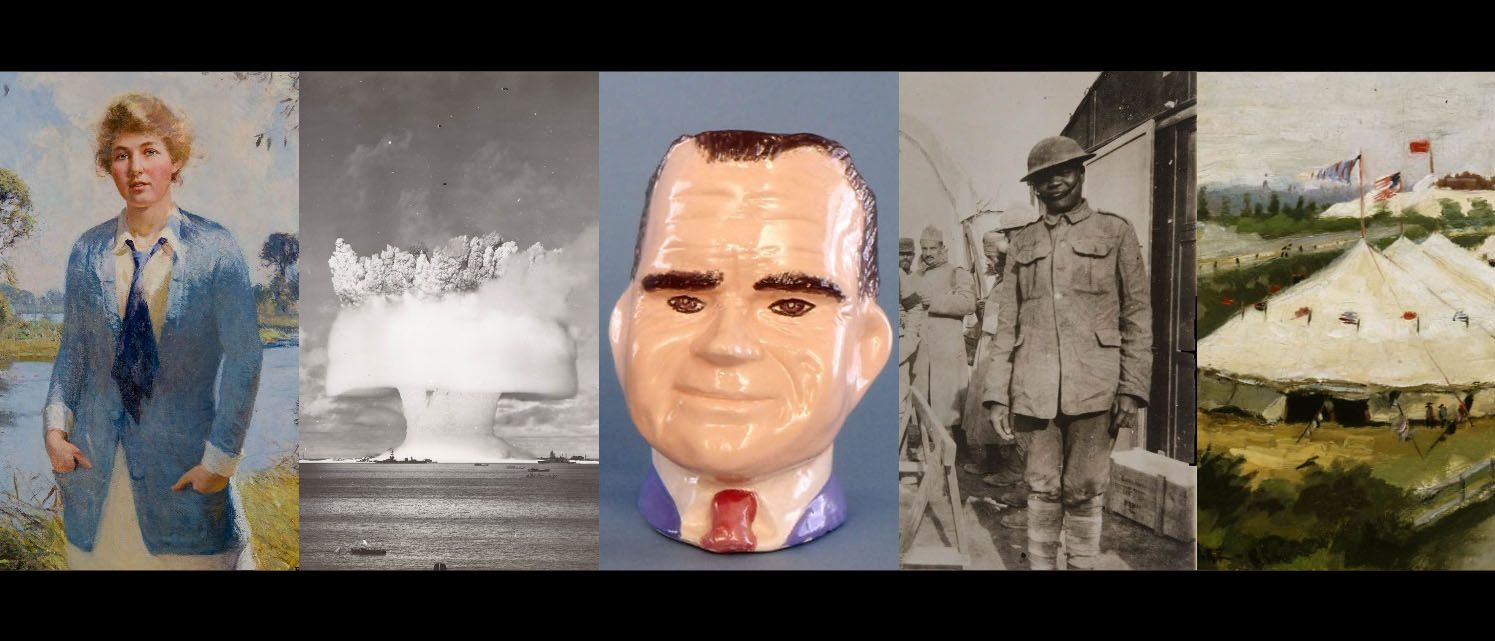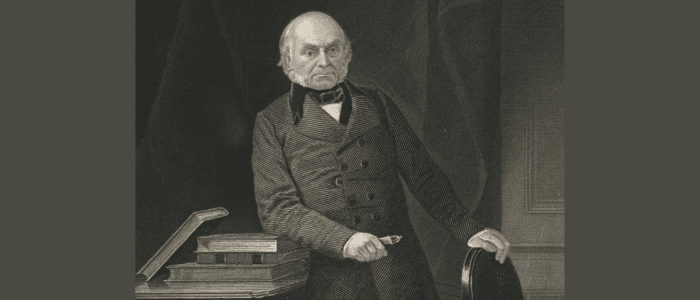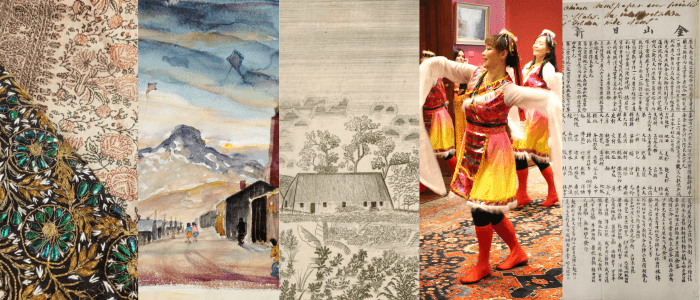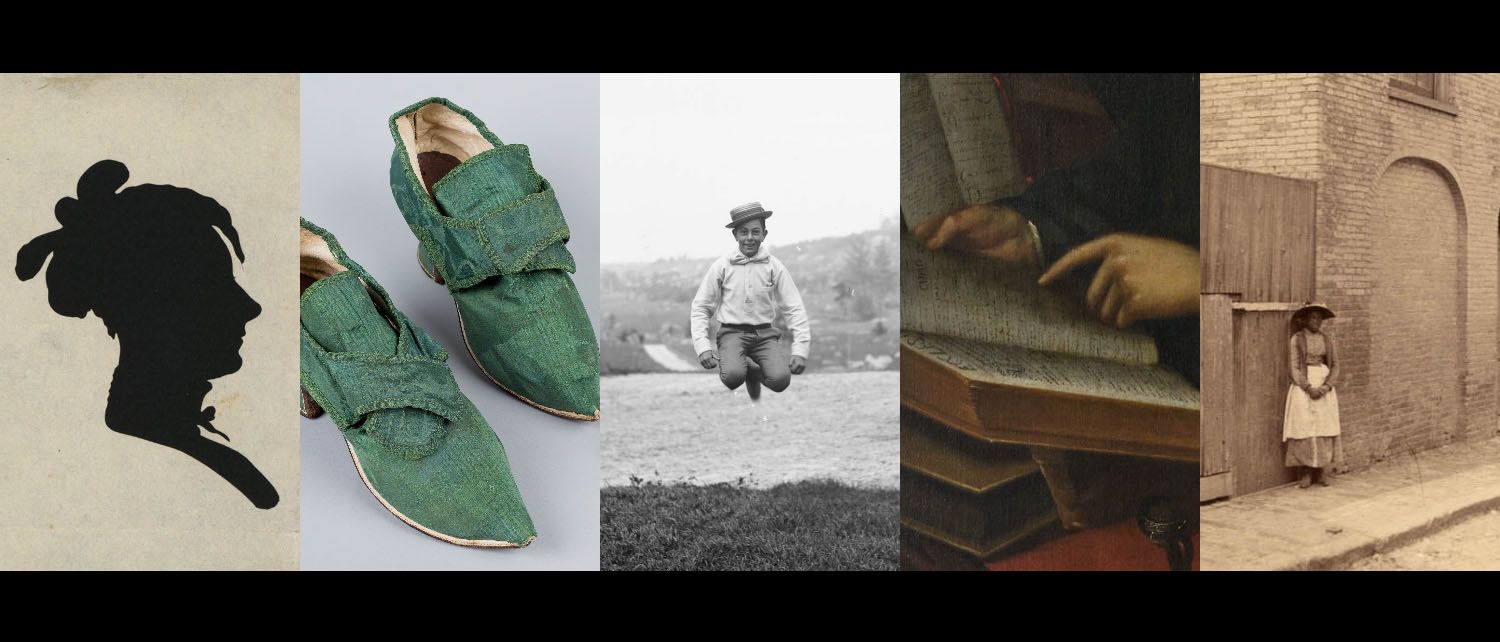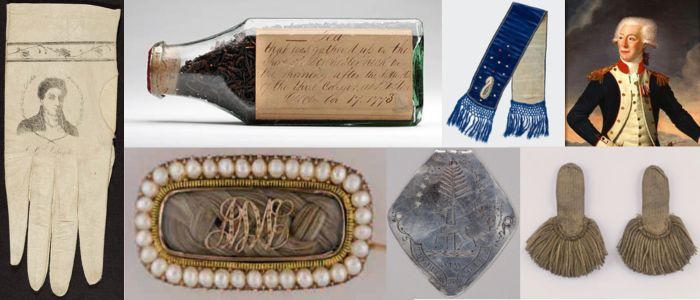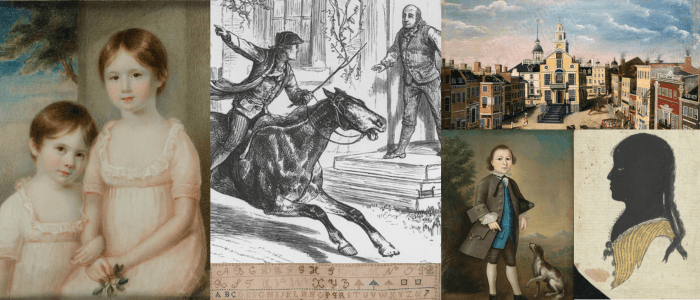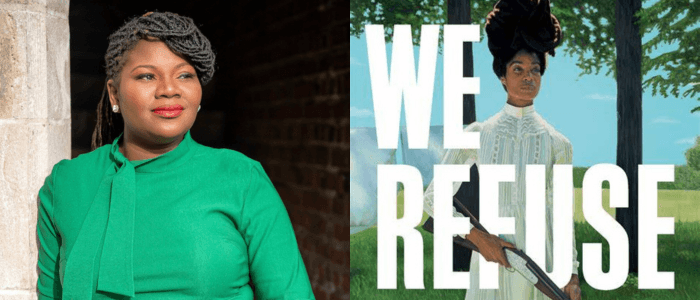Event

Revolutionary Colonialism and the French Atlantic: Albert Gallatin in Maine and the Western Country, 1780-1786
Author: Sean P. Harvey, Seton Hall University
Comment: Bethel Saler, Haverford College
This is a hybrid event. The in-person reception will begin at 4:30 pm.
This paper examines the attempts of Albert Gallatin, a young immigrant from Geneva, to make a fortune in North America through connections to the French Atlantic. Drawn to Machias, Maine, by a Genevan family, Gallatin initially attempted to trade with settlers and Wabanakis hoping for a French return to the Dawnland. Later he partnered with a French immigrant in a large-scale land speculation and settlement scheme on the Ohio River in western Virginia, hoping to entice refugees from France’s suppression of a 1782 revolution in Geneva, and to capitalize on the Treaty of Amity and Commerce. Examination of these schemes highlights early efforts to link the United States and the French Atlantic, how Gallatin expected colonialism to generate wealth, and the Indigenous power that ultimately foiled each enterprise. Bringing these strands together, provides a fuller picture of experiences that molded Gallatin’s political economy before his rise as a Republican legislator, Treasury secretary, and diplomat.
The Pauline Maier Early American History Seminar invites you to join the conversation. Seminars bring together a diverse group of scholars and interested members of the public to workshop a pre-circulated paper. Learn more.
Purchasing the $25 seminar subscription gives you advanced access to the seminar papers of all seven seminar series for the current academic year. Subscribe at www.masshist.org/research/seminars. Subscribers for the current year may login to view currently available essays.
Hybrid Event
The seminar will begin at 5:00 PM.
Masks are now required inside the MHS building. Learn more about our COVID-19 protocols.
The virtual seminar begins at 5:00 PM and will be hosted on the video conference platform, Zoom. Registrants will receive a confirmation message with attendance information.
